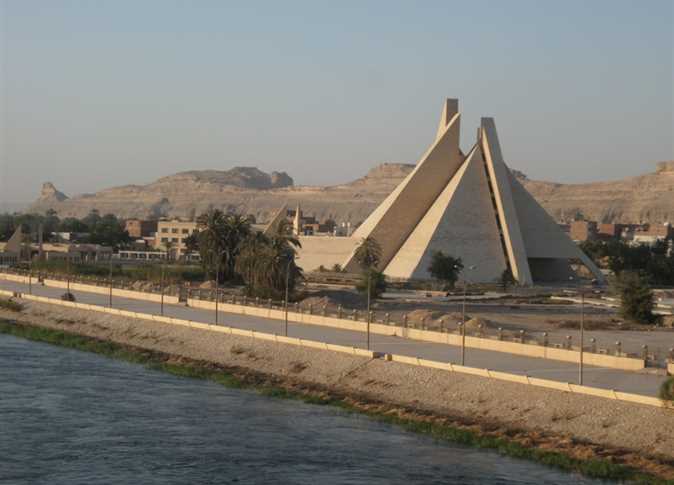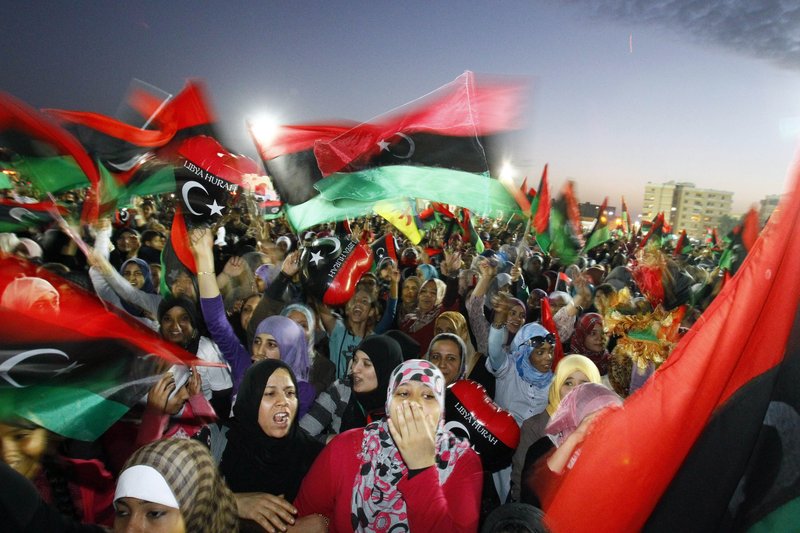Since the first Egyptian uprising succeeded in overthrowing ousted President Hosni Mubarak on 11 February, Tahrir Square has never been the same.
Ten months have passed since the uprising, but nostalgia towards Tahrir Square is as high as ever, and there is a growing sense of bitterness as the revolution — and along with it the state — increasingly skews from its original values and principles.
Tahrir Square was like a mirror that reflected the best image of the Egyptian people, the image they wish to preserve for their children, wish to meet their Lord with, and to hang on their wall of memories.
The uprising was sparked and fueled by middle-class youth. These young people were willing to give up their lives for their soaring dreams of a better country. If we look back, we will see that the majority of those who lost their lives during the revolution were young people.
Nonetheless, today, we find no young people among the members of parliament, the government, or the advisory council.
During the flourishing days of the revolution, the Tahrir Square preachers on Friday would begin their sermons with: “Oh Egyptians, Oh Muslims, Oh Christians…” A priest would help his Muslim brother perform his ablutions, as Muslims lined up for prayers, forming a shield to protect their fellow Christians performing the mass.
The revolution has now brought us to elections in which Egyptians are casting their votes on a sectarian basis, with churches mobilizing Christians, and sheikhs calling Muslims to vote for Muslims, and not for the “infidel seculars, liberals, and Christians”.
“Bread… freedom… social justice… human dignity“. These were the demands of the revolution, and this was its main slogan. The demand for bread has long been aligned with leftist movements, and may perhaps also be linked to a more socially conservative perspective — one that does not conflict with the devout religiousness entrenched in Egyptians’ collective consciousness.
Therefore, the demand for social justice as a goal cannot be achieved by the market mechanisms of the right-wing parties, nor can there be freedom or human dignity without it.
Through the current parliamentary elections, the revolution has inherited right-wing currents that are highly loyal to the market economy, and who see no problem with our economy, other than the “usurious transactions” involved.
Throughout the 18 glorious days of the uprising, no other flag but our beloved National flag was raised, a sign of our civil unity, national pride. This also confirms and reflects our understanding of our position and role on both a global and regional level.
Today, however, we find strange flags being raised in ambiguous million-man protests, as if Egypt, which inspired the world with its “religion”, “state” and “civilization,” cannot take a step on its own and must follow in the footsteps of someone else.
Today, the issue of a “patriotic state," the flag of which was raised during the glory days of Tahrir Square, has become an issue for consideration and debate. The question circulating now is what is in store for Egypt. A civil or religious autocracy? Should we be lead by a president or by a supreme guide? Are we looking to become a state or a caliphate?
This was a modernist revolution par excellence. Modernist in the way the protesters were mobilized, in the way it expressed itself, in the way it toppled the first wave of tyranny, and in the way it thought about the world and the future.
Today, this modernist revolution has lead to questions such as: “Do women have the right to become leaders?”, “Should we allow tourists to wear swimsuits?”, “How can beach tourism become religiously legitimate?” and “Can we vote for liberal candidates in the elections?”
The revolution began as a uprising of the youth, leaning towards modernity, dedicated to national unity at its best, and reinforcing a collective national pride. It took on a left-wing trend aimed at achieving social justice, freedom and human dignity.
However, ten months later, modernity has turned into backwardness, civil peace is falling apart, the concept of a patriotic state has become subject to revision, and the leftist orientation has turned into right-wing extremism.
This revolution is now in need of a revolution, or for the original revolutionaries to regain their momentum, and build up a national consensus on a leadership that can lead them, to save what's left of the revolution, bringing it back to politics, before it withers away and becomes nothing more than a memory.
Translated from Al-Masry Al-Youm




